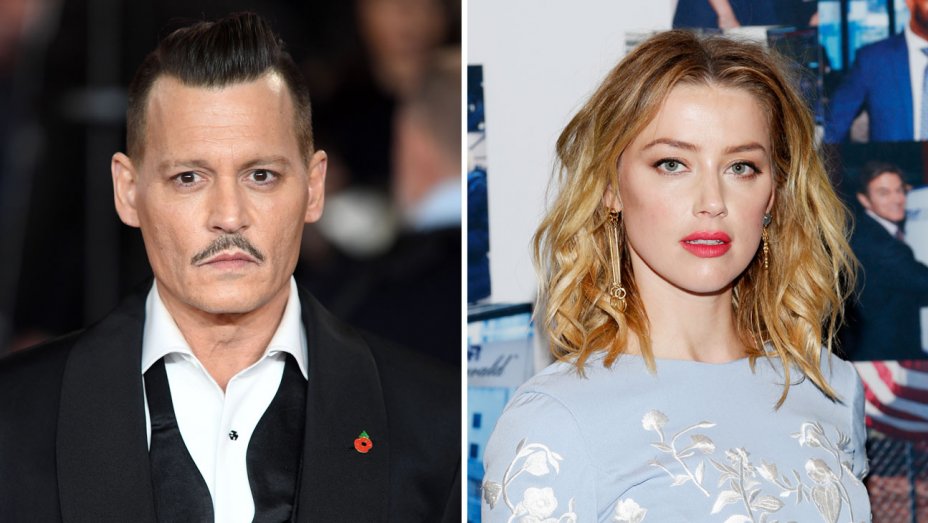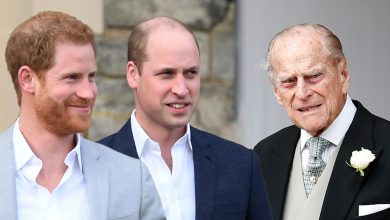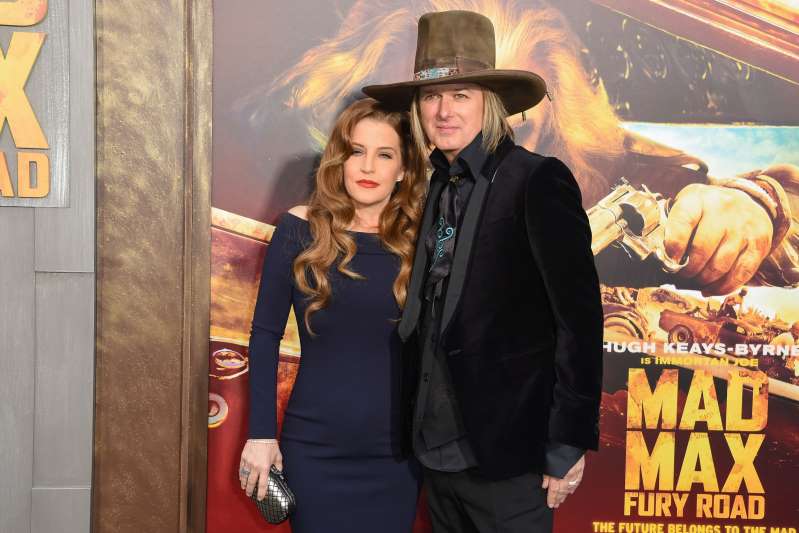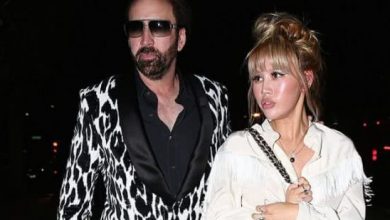Johnny Depp Allowed to Pursue Defamation Suit Against Amber Heard
A Virginia judge on Friday refused to dismiss Johnny Depp’s lawsuit against Amber Heard, allowing him to proceed with a claim that she defamed him in a Washington Post opinion piece.
In the piece, published in December 2018, Heard alluded to her previous claims that Depp had assaulted her during their marriage, though she did not identify him by name.
Judge Bruce D. White ruled on Friday that Depp can proceed under the theory that Heard’s statements clearly implied that Depp had assaulted her.
“Plaintiff has pleaded circumstances that would reasonably cause three of the four statements at issue to convey the alleged defamatory meaning that Mr. Depp abused Ms. Heard, and this alleged meaning is in fact defamatory,” White wrote.
Depp filed the $50 million suit in March 2019, taking issue with the headline of the piece and several statements within it that implied he was an abuser.
The headline was: “Amber Heard: I spoke up against sexual violence — and faced our culture’s wrath. That has to change.”
In the body of the column, she wrote: “Then two years ago, I became a public figure representing domestic abuse, and I felt the full force of our culture’s wrath for women who speak out.” She also wrote: “I had the rare vantage point of seeing, in real time, how institutions protect men accused of abuse.”
Heard first accused Depp of abusing her in 2016, in the context of their divorce. Depp has said throughout that the allegations are false, and are a hoax conjured to help Heard’s career.
Heard’s attorney, Roberta Kaplan, urged the court last fall to throw out the suit, arguing that the column was fundamentally not about Heard’s allegations against Depp.
“It was about her and what happened to her after she came forward,” Kaplan argued.
White rejected that argument, finding that the column “relied on the factual underpinning that Ms. Heard was abused by Mr. Depp.”
White did throw out Depp’s defamation claim with regard to a fourth statement in the piece. In that statement, she wrote about receiving death threats, and being followed by paparazzi on the rare occasions when she left her home.
“I felt as though I was on trial in the court of public opinion — and my life and livelihood depended on myriad judgments far beyond my control,” she wrote.
White held that the statement carried no defamatory implication against Depp. White also rejected Heard’s attorneys’ claim that the suit was barred by the one-year statute of limitations, because Heard was merely alluding to statements that had first been made in 2016.
Heard’s attorneys have said that if necessary, they intend to show that she was, in fact, abused.
“Today’s decision leaves it to a jury to decide the meaning of Ms. Heard’s op-ed and the truth of what she said,” Kaplan said Friday. “As we have said all along, the courts have strong mechanisms in place for determining the truth. Here, we remain confident that Ms. Heard will prevail at trial when the jury is presented with evidence on the question that the Court identified – namely, whether ‘Ms. Heard was abused by Mr. Depp.’”






